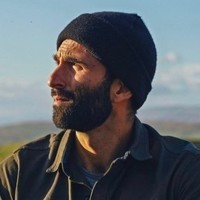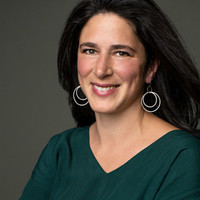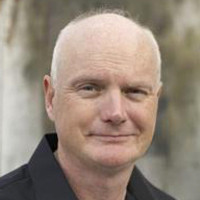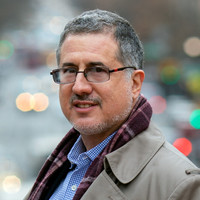Andrew Marantz is a staff writer at The New Yorker. His new book is Antisocial: Online Extremists, Techno-Utopians, and the Hijacking of the American Conversation.
“Some nonfiction can be reduced to a bulletpoint primer, but a good book is a good book. Whether it’s fiction or nonfiction, it should create a feeling, it should create a world, it should be a feeling that you want to live in and that tilts the way you see things. Isn’t that the point?”
Thanks to Mailchimp and Pitt Writers for sponsoring this week's episode.













